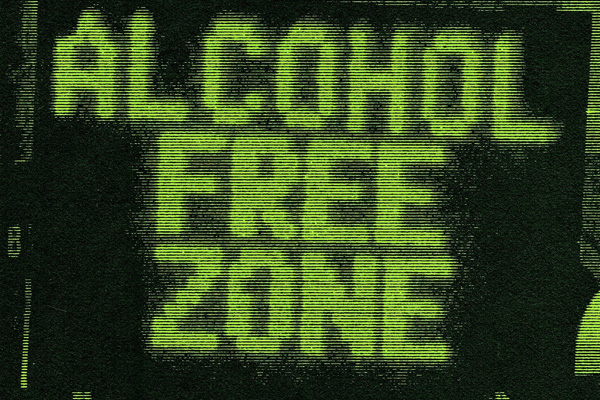DANCING THE NIGHT AWAY HEALTHY –
Jan. 14, 2022 – A quarter of people surveyed by charity Action on Addiction said their drinking increased in lockdown, and nearly a quarter of people experiencing problems with their intake said they would need support or treatment to resolve them.
And now, increasing numbers of DJs are becoming a source of support. Sobriety is no longer uncommon in clubland, and many figureheads in the nightlife industry are speaking about their experiences. One example is Fat Tony, star of a Mixmag documentary in which he revealed “I’ve spent a million pounds on drugs” and is now 15 years clean and sober, who explores his journey alongside other celebrities in his show The Recovery. Ravers themselves are also setting up social media pages to share their experiences, such as Chelsie Cahoon’s Music Is The Drug.
In an industry associated with ecstasy and alcohol-fuelled dances until the early hours, sobriety can be dangerously stigmatised with bad habits too readily encouraged. An effect of this is that, for some, the decision to get sober becomes enforced due to the hazardous health consequences of continuing a drink and drug-fuelled party lifestyle. For others it doesn’t always reach that point, but they still make a conscious choice to cut drink and drugs out of their life. We’ve journeyed deeper into reasons for embarking on sobriety – not always strictly T-totality, but also people who value periods of sobriety – and the benefits that it can bring to an individual in the nightlife sector.
Patrick Topping – producer, DJ and head of label and events brand Trick – isn’t T-total or fully sober, but is an active advocate of sober raving. In the past, he’s done two long sober stretches: more a year including all of 2018, and more recently abstaining for eight months. Since the UK lockdown ended, each set he’s performed has been sober.



